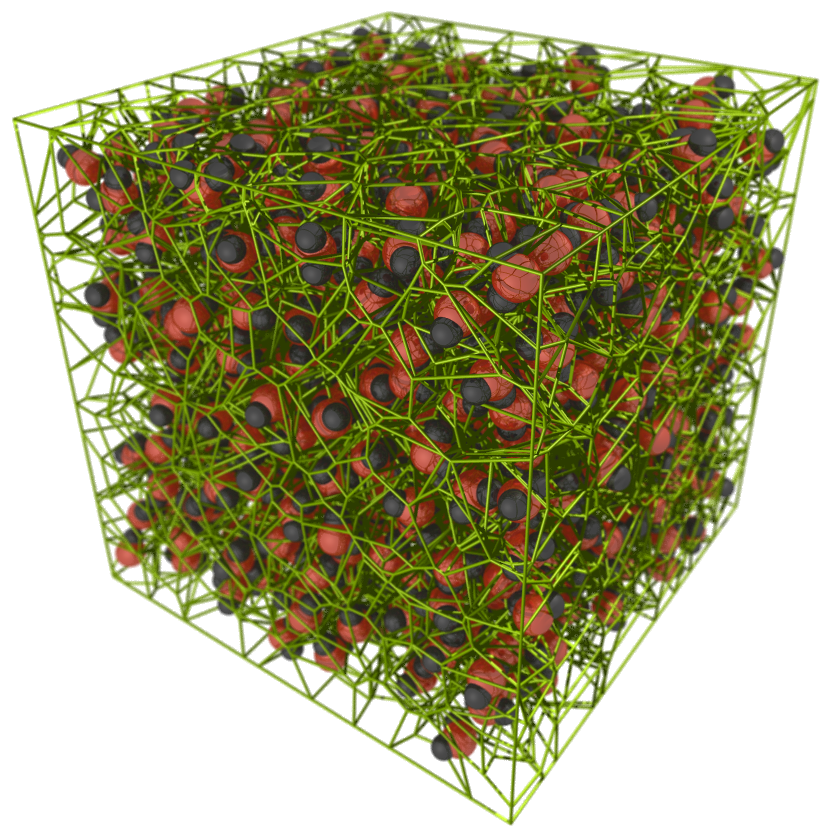Simulations and Artificial Intelligence

At Rochester, advanced theory, large-scale simulations, and machine learning operate as an innovation engine to discover and understand new materials and processes. Deep-learning models, spanning graph neural networks, Bayesian optimizers, and self-supervised algorithms predict molecular structure, reaction kinetics, and materials performance orders of magnitude faster than traditional quantum calculations, steering the design of catalysts, polymers, and therapeutic peptides before they reach the bench.
These data-driven tools are embedded within rigorous physical frameworks. Researchers knit ab initio quantum dynamics, reactive molecular dynamics, network theory, and electrochemical finite-element modeling into multiscale workflows that capture phenomena from femtoseconds to hours and from angstroms to devices, whether tracking ion motion in solid-state batteries or metabolite flux through engineered microbes.
All of this rides on the petaflop-class resources of the University’s Center for Integrated Research Computing, where autonomous simulation campaigns learn as they run, refining force fields, mapping complex energy landscapes, and closing active-learning loops with high-throughput experiments.
By uniting first-principles theory, high-performance computing, and artificial intelligence, Rochester chemical engineers accelerate discovery in energy, sustainability, and biomedicine while equipping students with the computational fluency that will define the next era of chemical engineering.





